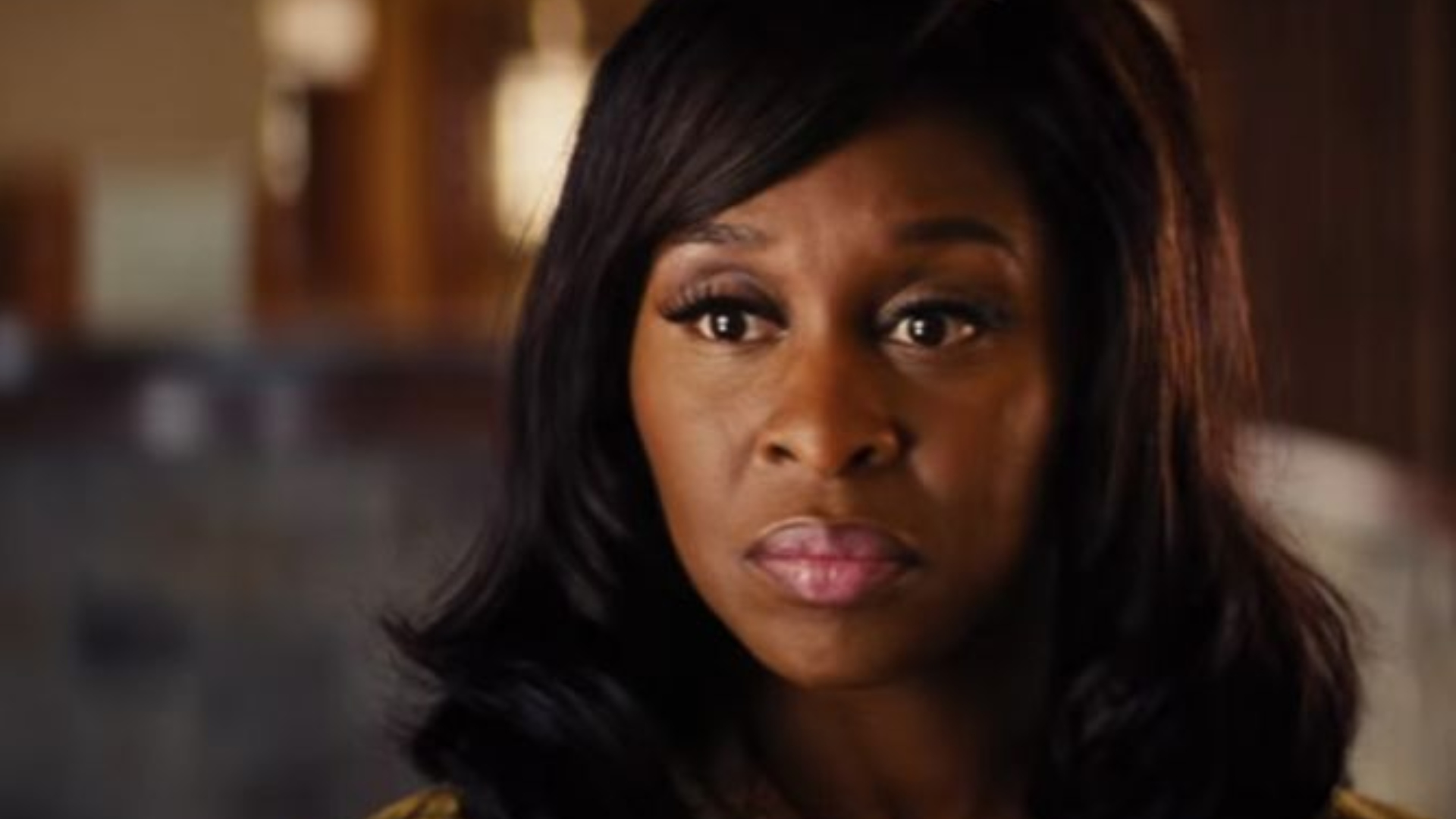Cynthia Erivo, star of the film "Wicked 2," finds herself at the center of a heated debate after becoming the recurring target of mockery and memes on social media during the film's promotion. Some see it as "just lighthearted humor," while others denounce a "racist dynamic" and "genuine online harassment," reigniting the question of how Black women are treated in internet culture.
An actress under fire from memes
Cynthia Erivo, who plays Elphaba alongside Ariana Grande in the "Wicked" film adaptation, is omnipresent in the videos, montages, and parodies circulating on X (formerly Twitter), TikTok, and other platforms. Excerpts from her interviews, red carpet appearances, or performances in the trailers are isolated, exaggerated, and ridiculed, becoming viral "references" used out of context.
For some internet users, it's just "minor teasing," "typical social media humor," which doesn't detract from appreciating her work as an actress. Others, however, point out that the repetition, the volume of content, and the almost obsessive focus on her push this mockery into the realm of online harassment.
@culturepoppy The way there's probably 20 more that I missed 😩 Cynthia running reaction videos like the navy! #cynthiaerivo #wicked #reactionvideo #culturallysignificant #popculture ♬ original sound - poppy
"That's racism": a fundamental debate
Some members of the public and several commentators are denouncing a racial dimension to the way Cynthia Erivo is being targeted. They point out that, in recent years, many high-profile Black actresses – from Halle Bailey's "The Little Mermaid" to other heroines of popular franchises – have been subjected to a barrage of memes and aggressive comments far exceeding traditional criticism.
Some people see a recurring pattern in these mocking campaigns: Black faces, especially female ones, are disproportionately used as comedic "raw material," often dehumanized or reduced to caricatures. Conversely, other internet users claim that it all comes down to the character, the marketing, or the actress's style, and refuse to see an ethical problem as long as, in their view, there is neither explicit insult nor incitement to hatred.
@ihatekaiahansen Like depictions of bw being manly and muscular feels very familiar idk #greenscreen #wicked ♬ Wicked: For Good (Official Trailer Audio) - Cynthia Erivo & Ariana Grande
Between the freedom to mock and online harassment
Beyond the "Cynthia Erivo case," several voices are calling for reflection on the line between the freedom to mock and cyberbullying. Critics point out that, even without overtly racist intent, the cumulative effect of thousands of negative posts can have a real psychological impact on the targeted individual and contribute to a hostile atmosphere towards certain groups.
Defenders of these memes argue that the internet has always operated through exaggeration, subversion, and irony, and that targeting celebrities is "part of the game" of fame. This profound disagreement fuels a broader debate: how far can online humor go when it repeatedly targets minorities who are already underrepresented or frequently attacked?
An actress at the heart of the media storm
Cynthia Erivo herself has spoken out in the past to denounce certain forms of image editing or comments that she considers offensive and degrading, particularly regarding the promotional visuals for "Wicked". She has also discussed the dangers of cyberbullying and how easily anonymous mobs can attack people they don't know from behind a screen.
The current scale of memes targeting her raises a twofold question: that of the individual responsibility of content creators and that of the platforms that allow potentially toxic dynamics to flourish in the name of engagement. Between banal humor and symbolic violence, the "Cynthia Erivo case" thus reveals the tensions surrounding the representation of Black women and the ethics of online cultures.

